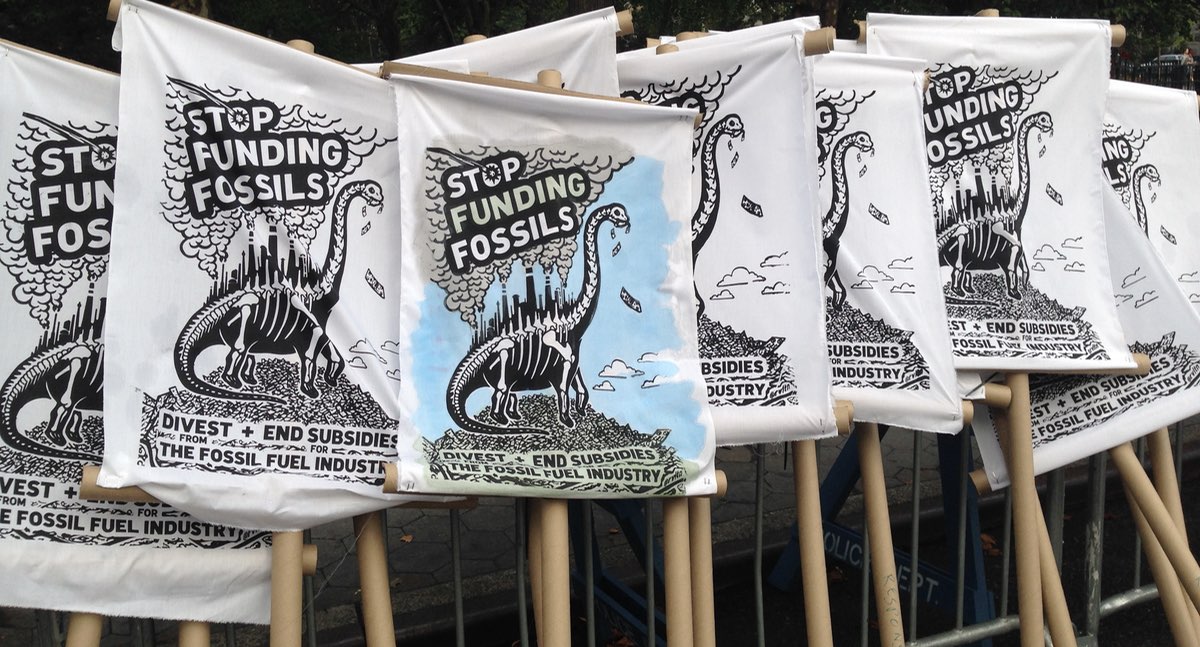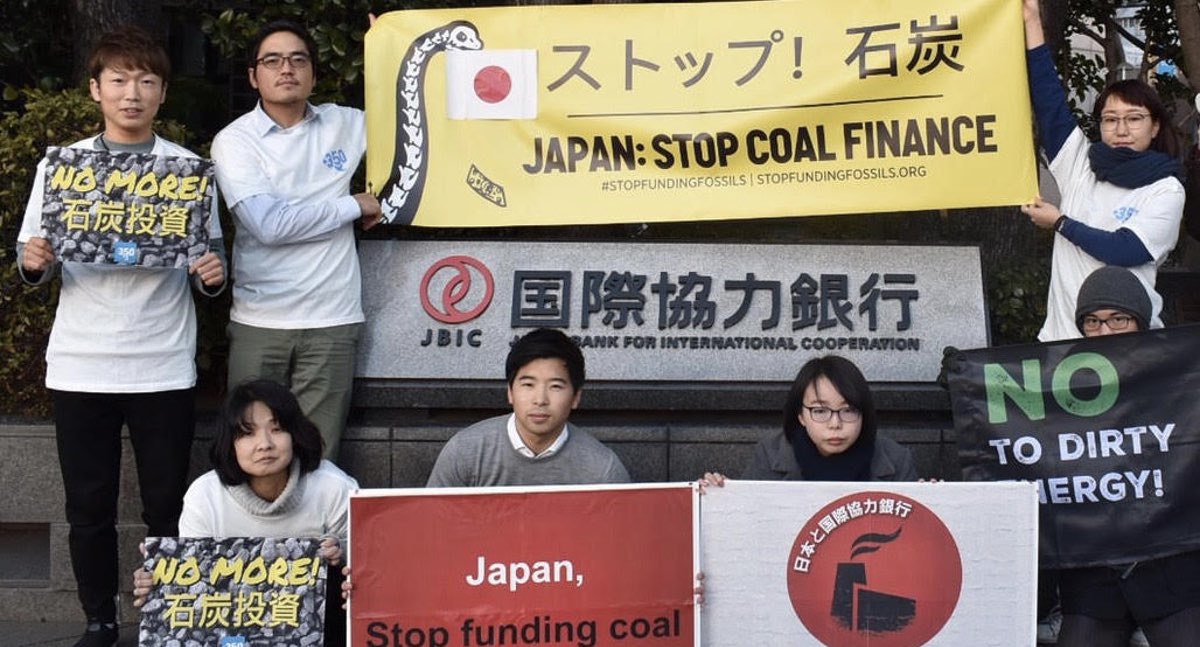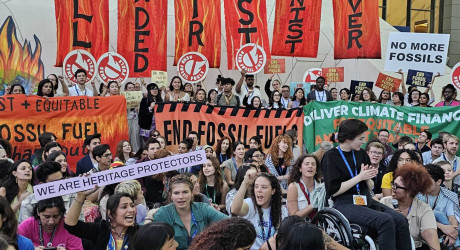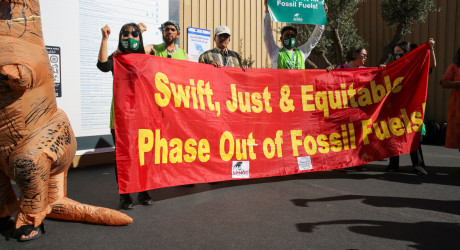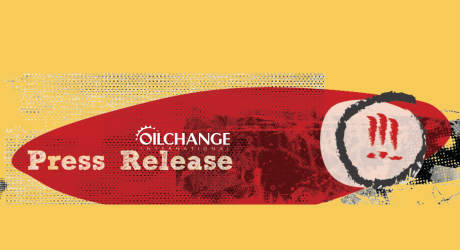STOP FUNDING FOSSILS
Our Stop Funding Fossils program uses critical analysis and strategic organizing to end the vast quantities of government support flowing to the fossil fuel industry and accelerate the clean energy transition.
Public finance and subsidies for fossil fuels play a key role in driving oil, gas, and coal production. Climate leadership means not wasting another cent of public money on the industries that are causing the problem.
OVERVIEW OF WORK
Our research shows that G20 governments spend $444 billion per year propping up oil, gas, and coal production, while the G20’s taxpayer-backed public finance institutions provide nearly 4 times more public finance to fossil fuels than to clean, renewable energy.
These massive subsidies play a key role in expanding oil and gas production and locking in existing fossil fuels: recent analysis finds that half of the new oil fields being drilled in the US would have remained undrilled if not for substantial subsidies; at the same time, public finance for fossil fuels de-risks capital-intensive megaprojects, like massive coal plants in Southeast Asia, few of which would proceed without government backing. And as oil, gas, and coal producers face increasing competition from renewable energy, instead of simply reducing fossil fuel production, they exert their political influence to get more handouts to keep extracting.
Instead of spending scarce public resources on the fossil fuel industry, our work challenges public institutions to scale up their support for distributed renewable energy solutions that can deliver energy access quickly and at least cost in many developing countries: today, support for these solutions makes up only a tiny fraction of all public finance for energy.
We know from the work of our Energy Transitions and Futures program that already-producing oilfields, gasfields, and coal mines hold enough carbon to take the world well beyond 1.5°C of warming and up to 2°C. This means that governments who’ve signed up to the Paris Agreement (that’s nearly everybody) shouldn’t spend another cent of public money on fossil fuels if they take their commitment seriously. We call on them to stop funding fossils.
LATEST PROGRAM POSTS
U.S. single biggest violator of CETP pledge, approving the most fossil fuel projects of any signatory for a total of almost USD $2.3 billion.
“Today's commitment to make a finance roadmap to limit warming to 1.5°C and ensure a just energy transition is a welcome step, but in order to be useful, the IEA's new research must continue with strong recommendations to immediately halt finance flowing to fossil fuels, and start recommending dramatically increased public finance on fair terms for renewable energy and energy efficiency."
"Today’s announcement from the Netherlands, United Kingdom, Canada and many of their peers is a disappointment. At a time when we need rich country leaders to concretely expand their past ambition to secure a fair deal, these ministers are just regurgitating promises and initiatives that are now more than a decade old and have been so ineffective that fossil fuel handouts and profits continue to reach record levels."
Australia has joined a major international initiative to end international public finance for fossil fuels at an event held at the UK Government Pavilion today at COP28. Australia follows Norway, who also joined the initiative on Saturday.
LATEST PROGRAM RESEARCH
U.S. single biggest violator of CETP pledge, approving the most fossil fuel projects of any signatory for a total of almost USD $2.3 billion.
"Today’s announcement from the Netherlands, United Kingdom, Canada and many of their peers is a disappointment. At a time when we need rich country leaders to concretely expand their past ambition to secure a fair deal, these ministers are just regurgitating promises and initiatives that are now more than a decade old and have been so ineffective that fossil fuel handouts and profits continue to reach record levels."
Australia has joined a major international initiative to end international public finance for fossil fuels at an event held at the UK Government Pavilion today at COP28. Australia follows Norway, who also joined the initiative on Saturday.

